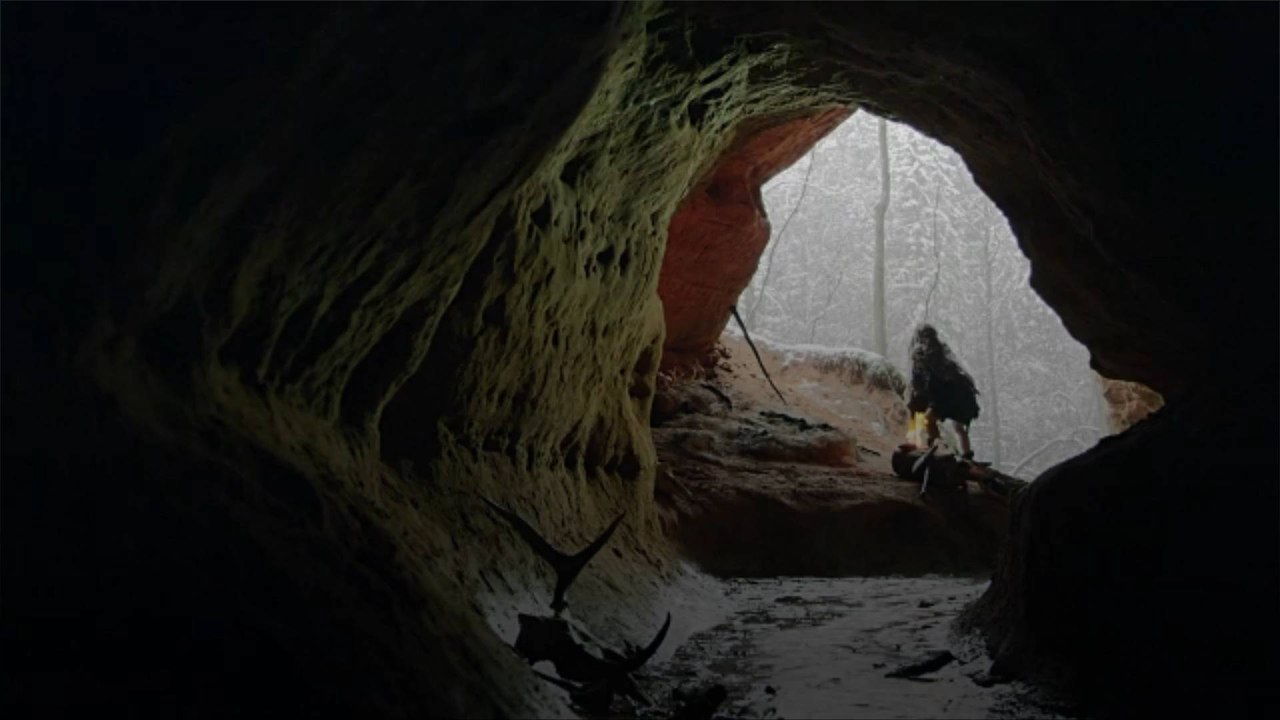Early Risers Might Carry Neanderthal DNA 🧬
New research indicates that people who wake up early could have a higher likelihood of carrying Neanderthal genetic traits. Discover what this means for your health and habits!
Wibbitz Top Stories
4.9K views • Dec 29, 2023

About this video
Study Suggests Early Risers , May Have Neanderthal DNA.<br />'The Independent' reports that new research suggests that <br />people who go to bed and wake up early likely share <br />DNA with extinct Neanderthal or Denisovan relatives. .<br />'The Independent' reports that new research suggests that <br />people who go to bed and wake up early likely share <br />DNA with extinct Neanderthal or Denisovan relatives. .<br />Researchers at the University of California in San Francisco <br />compared genes from early-rising people alive today with <br />DNA from Neanderthals and Denisovans to uncover the link.<br />Researchers at the University of California in San Francisco <br />compared genes from early-rising people alive today with <br />DNA from Neanderthals and Denisovans to uncover the link.<br />We’ve found many Neanderthal <br />variants that consistently associate <br />with a propensity for <br />being a morning person, Tony Capra, an evolutionary geneticist at the University of California, San Francisco, via 'The Independent'.<br />According to Tony Capra, an evolutionary geneticist <br />involved with the study, said that many modern humans <br />likely carry the genes which helped their ancestors adapt.<br />We don’t think that being a morning <br />person is actually what was beneficial. <br />Rather, we think it is a signal of <br />having a faster running clock that <br />is better able to adapt to seasonal <br />variation in light levels, Tony Capra, an evolutionary geneticist at the University of California, San Francisco, via 'The Independent'.<br />At higher latitudes it is beneficial <br />to have a clock that is more flexible <br />and better able to change to match <br />the variable seasonal light levels, Tony Capra, an evolutionary geneticist at the University of California, San Francisco, via 'The Independent'.<br />'The Independent' reports that <br />homo sapiens migrated to Eurasia from <br />Africa approximately 70,000 years ago.<br />Upon arriving, they encountered Neanderthals, <br />who were already well adapted to <br />life in the colder, northern climate.<br />The further north you go, the shorter <br />and shorter the days get in winter <br />when food is particularly scarce, <br />so it makes sense for Neanderthals <br />and humans to start collecting food as <br />soon as there is any light to work by, Professor Mark Maslin, Professor at the University <br />College London, via 'The Independent'.<br />Both Neanderthals and Denisovans disappeared <br />from the fossil record about 40,000 years ago, <br />after living for hundreds of thousands of years.
Video Information
Views
4.9K
Duration
1:31
Published
Dec 29, 2023
User Reviews
3.8
(4) Related Trending Topics
LIVE TRENDSRelated trending topics. Click any trend to explore more videos.